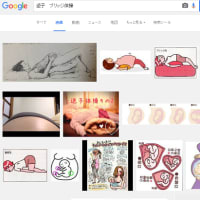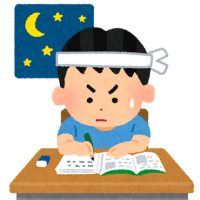
Raindrops glistening on the city streets of Tokyo, Japan.
The concept of 'Goshi (五志)' represents five basic emotions and intentions in the theory of Yin-Yang and the Five Elements. These emotions and intentions are believed to derive from the interactions of Yin-Yang and the Five Elements and have an impact on the human body and mind.
Here is a general interpretation of the "Goshi":
- Ki (喜) - Represents joy and happiness.
- Ika (怒) - Represents anger and frustration.
- Shi (思) - Represents thinking, contemplation, and thoughtful intentions.
- Hi (悲) - Represents sadness and grief.
- Oso (恐) - Represents fear and anxiety.
Among these, "Shi" is different from the other four elements. We are born without "Thought (思)".
In Oriental medicine, "Thought (思)" is attributed to the element of "Earth".
According to the Five Elements theory recorded in the "Shang Shu" (Book of Documents) during the Spring and Autumn Period, it states, "Earth is the place where all things are nurtured and produced." This suggests that all things originate from the Earth.
In Oriental medicine, the function of the "spleen" is closely related to the stomach. It is responsible for the digestion and absorption of food and extracting postnatal essence. It is precisely the work that becomes necessary after birth. Understanding the "spleen" is crucial for studying Oriental medicine.
From the nearest pedestrian bridge of the intersection at Aoyama Ichoume.




















